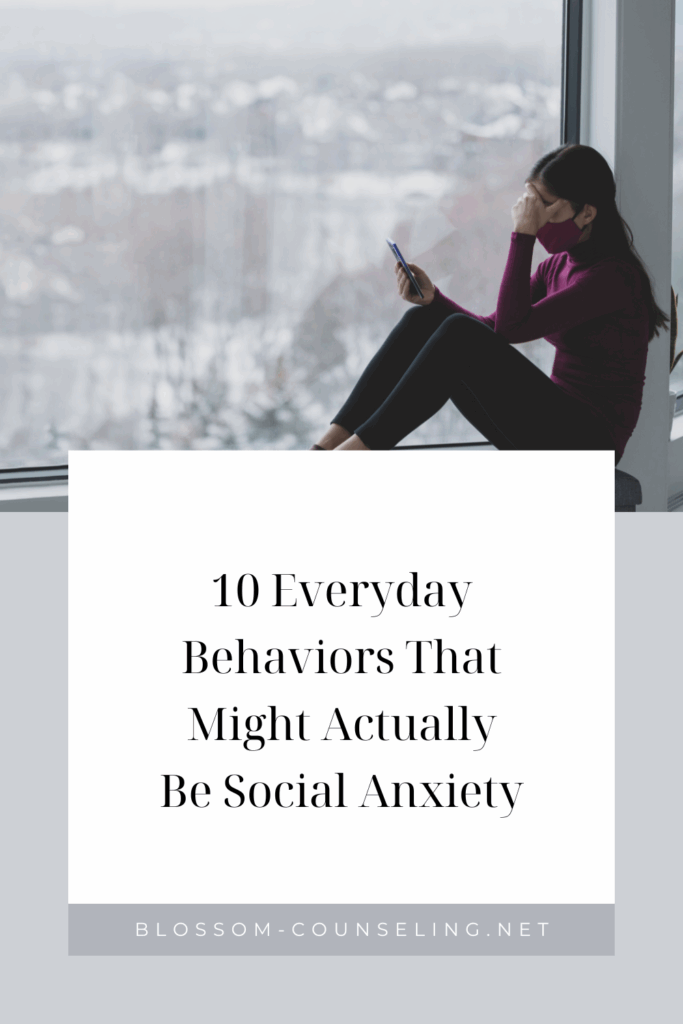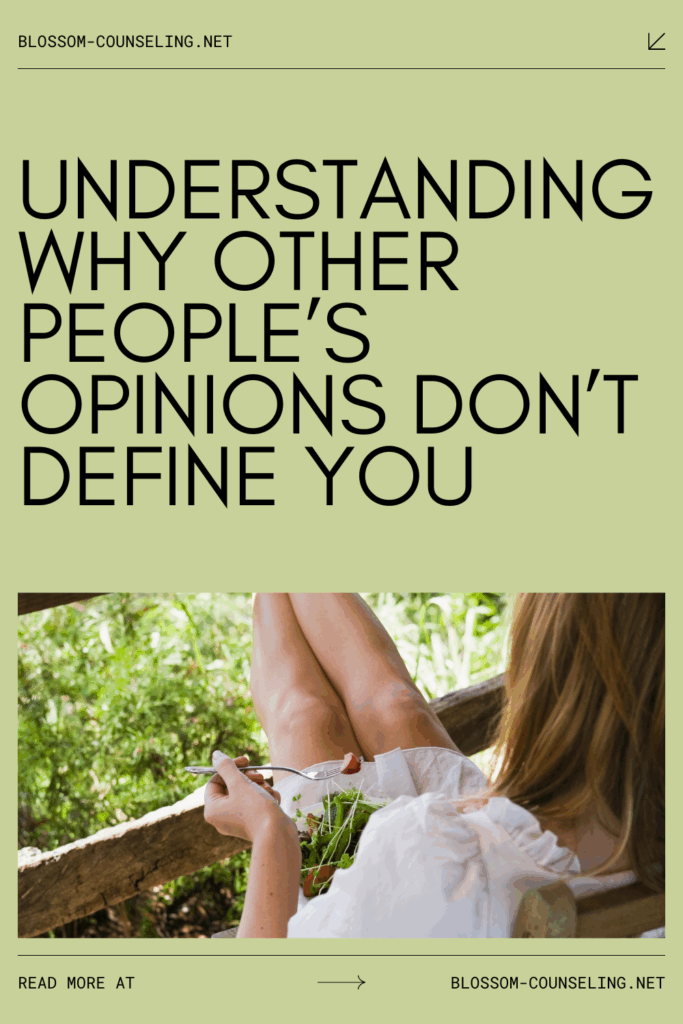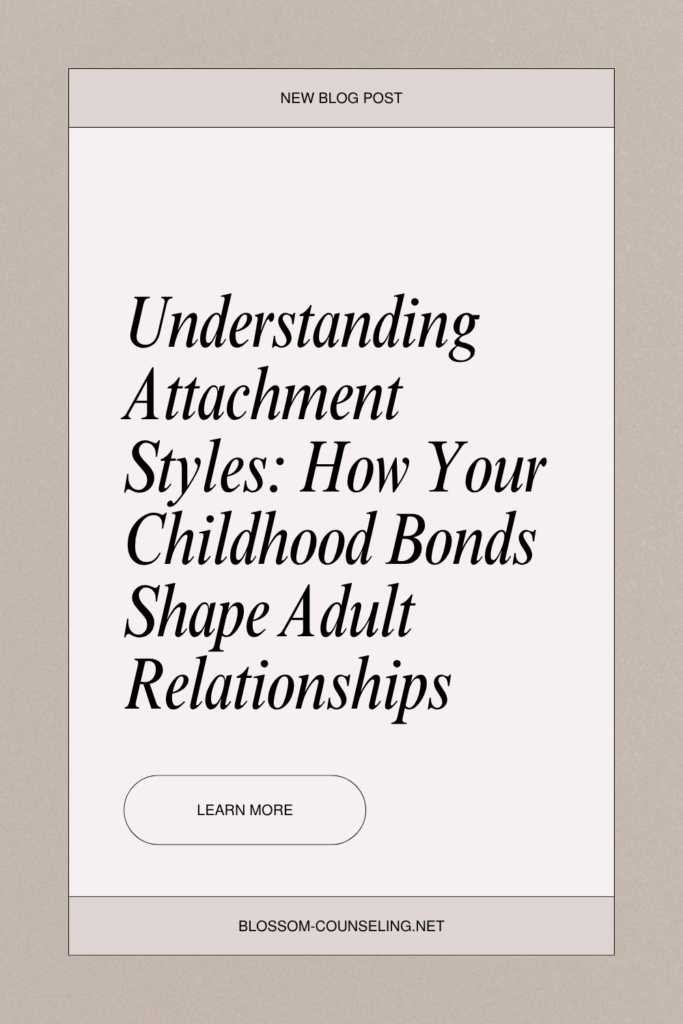
Have you ever noticed how hard it can be to accept feedback, even when it’s given with the best of intentions? It’s natural to feel defensive or uncomfortable, especially when we associate feedback with criticism. But what if we flipped that script and started seeing feedback as a powerful tool for personal growth, rather than a judgment on who we are?
Being open to feedback is one of the most effective ways to grow—whether in your personal life, relationships, or career. But here’s the thing: being open to feedback doesn’t just happen overnight. It’s a practice, one that requires self-awareness, vulnerability, and a willingness to see yourself through someone else’s eyes.
The Truth About Feedback
Feedback isn’t meant to tear you down. When done right, it’s like holding up a mirror to show you things you might not see on your own. That said, not all feedback will feel warm and fuzzy, and that’s okay. What matters is how you receive it and what you do with it.
Think about it like this: If you only ever received compliments and validation, you might stay comfortable—but also stagnant. On the other hand, feedback, even the uncomfortable kind, nudges you to reflect and evolve. It’s not about being “perfect”; it’s about being a work in progress.
Why We Resist Feedback
So, why do we often resist feedback if it’s so beneficial? It usually comes down to a few things:
- Fear of being wrong: We’ve been conditioned to equate being wrong with being less competent or worthy, but this mindset stifles growth.
- Perfectionism: When we’re striving to be perfect, any hint of critique can feel like failure. But guess what? Perfection isn’t real—and feedback helps us see where we can improve.
- Vulnerability: Let’s be honest, feedback requires us to be open, which can feel like exposing ourselves. Being vulnerable is hard but necessary for growth.
How to Get Better at Receiving Feedback
The good news is, you can practice being more open to feedback! Here are a few strategies to help:
- Pause Before Reacting: Our instinct when receiving feedback might be to immediately defend ourselves. Try pausing instead. Take a deep breath, really listen to what’s being said, and avoid responding right away. This gives you a chance to process the information.
- Focus on the Message, Not the Delivery: Sometimes feedback comes from people who aren’t the best communicators, and it’s easy to focus on their tone or delivery rather than the message. Train yourself to separate the two. You don’t have to love how something is said to learn from it.
- Ask Clarifying Questions: If the feedback is vague or unclear, don’t hesitate to ask for specifics. “Can you give me an example of what you mean?” shows that you’re interested in understanding and improving.
- Reflect, Don’t Ruminate: There’s a difference between reflecting on feedback and letting it consume you. After receiving feedback, spend some time thinking about it—what resonates with you, and how can you use it to grow? But don’t overanalyze it to the point where it becomes self-criticism.
- Remember Your Strengths: Feedback often focuses on areas of improvement, but that doesn’t mean you’re doing everything wrong. Balance the critique by reminding yourself of your strengths and what you’re doing well.
- Use Feedback as a Tool, Not a Weapon: Feedback is there to help you, not to hurt you. If you treat it as a tool for growth rather than an attack, it becomes empowering. Even if you don’t agree with every piece of feedback, take what resonates and leave the rest.
Growth Through Feedback
The most successful people aren’t the ones who never make mistakes; they’re the ones who are willing to learn from them. When you can take feedback in stride, you’re setting yourself up for ongoing growth, both personally and professionally. It’s not always easy, but it’s absolutely worth it.
Being open to feedback is an ongoing process. With time, it can transform the way you see yourself, the way you engage with others, and ultimately, the way you live your life. And who wouldn’t want to grow into the best version of themselves?




